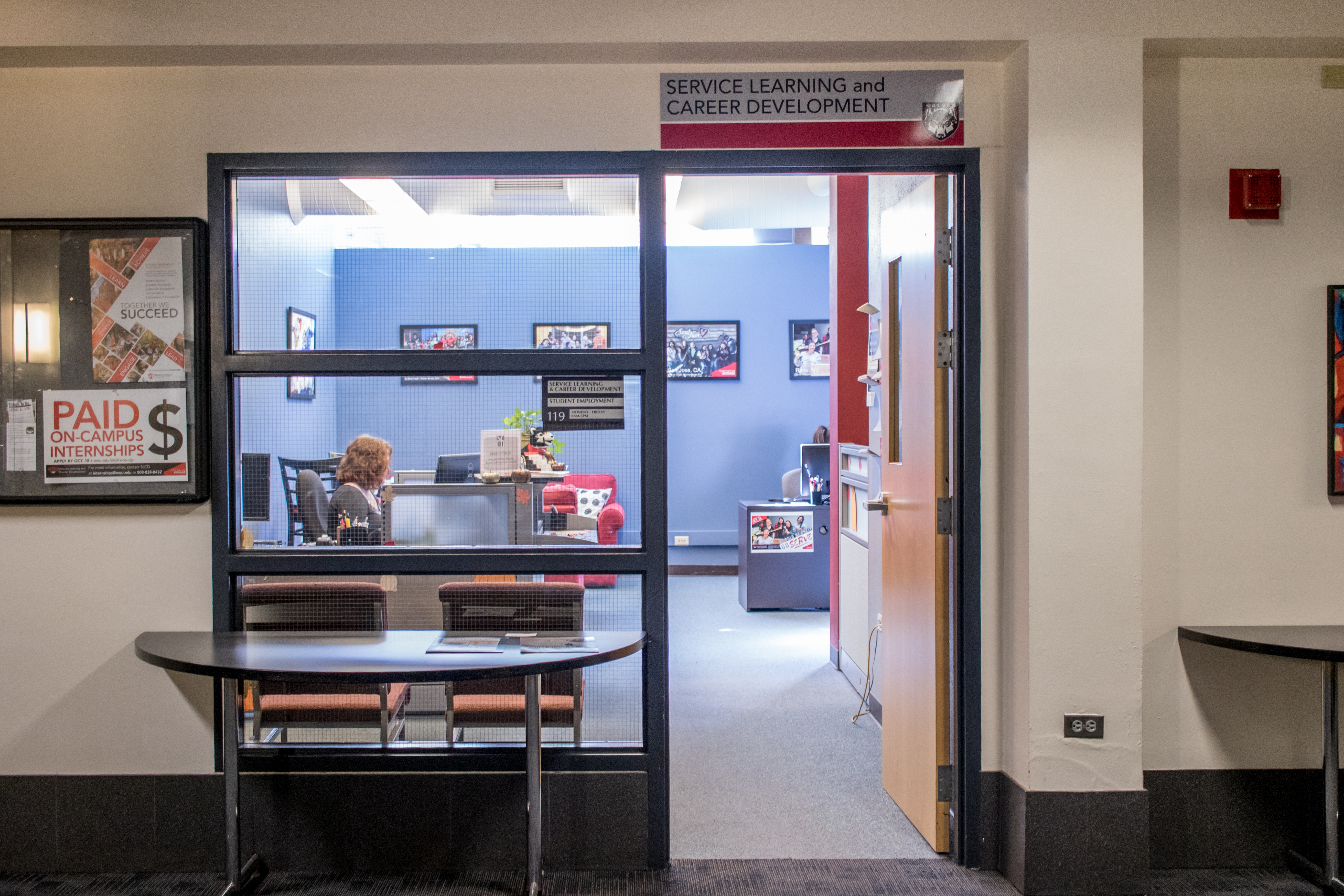Caity Healy | Lifestyle Editor Whether you’re an on-campus student with the desire to stay in dorm or an off-campus student on a time crunch, or you’re simply out of clean dishes, now’s your chance to practice creating these microwave masterpieces. What’s better than...
Lifestyle
Transforming Western into a fall fashion show
Caity Healy | Lifestyle Editor As the temperature began dropping on campus, the fashion started heating up. Students made Western their runway as they began throwing on their sweaters, lacing up their boots and donning themselves in the shades of autumn. Fall fashion,...
How to prosper at your next interview
Caity Healy | Lifestyle Editor Tuition, rent, utilities, groceries, internet — this just names a few of the necessary bills that many students pay consistently while trying to make being a student their priority. It’s no wonder that for some, getting a job is an...
The importance of a full night’s rest
Caity Healy | Lifestyle Editor “I maybe get five hours a night,” commented first-year pre-nursing major Stephanie Oseguera. “I feel really good in the mornings and then I just crash.” This problem amongst students at Western is all too prevalent. With seemingly...
Dear Ezi
Dear Ezi, I’m a freshman here at Western and I was really blasé with how I dressed in high school. I am kinda working on doing a bit of a makeover! Any tips? -New Year, New Me Dear New Year, New Me, First, it’s so great to be back and writing these! Now your Q:...
New food truck adds variety to Monmouth
Caity Healy | Lifestyle Editor Once the summer heat began to subside and students made their way back to Western, they were given a warm welcome with a sweet treat. Just down the road from campus, off the side of Main St., sits a soon-to-be student favorite:...
Searching for love at Western
Caity Healy | Lifestyle Editor It’s that time of year again; the sound of leaves crunching is all around, the smell of pumpkin spice brewing is strong and the breeze of crisp Monmouth air is making it just cool enough to throw on our beanies and scarves. That’s right:...
Getting festive for fall
Caity Healy | Lifestyle Editor With the start of the new term, the leaves are taking on various shades of reds, oranges and browns as they slowly flutter from the limbs by which they once hung and make their way to the ground. Fall has finally begun and it is time to...
Searching for self-confidence
Caity Healy | Lifestyle Editor I can remember the day when I first realized that my self-confidence was next to nonexistent. I was in seventh grade; I saw my school picture and immediately felt a wave of discouragement wash over me. I was suddenly uncomfortable with...







